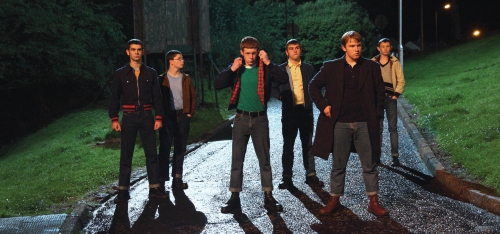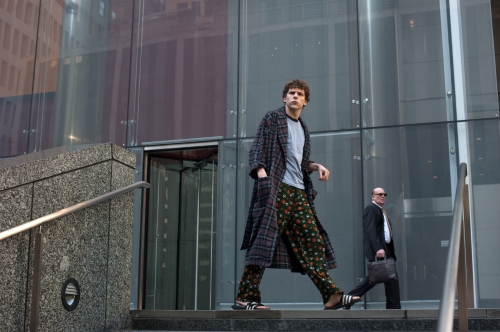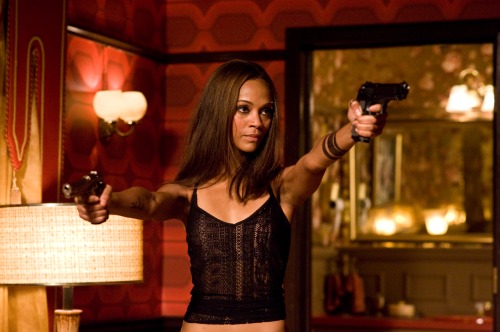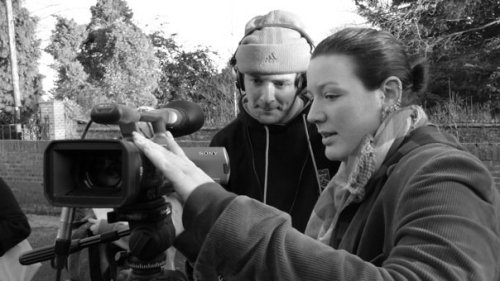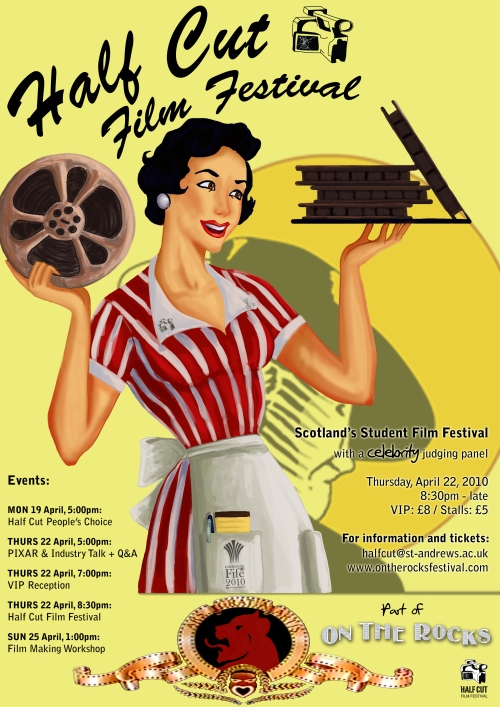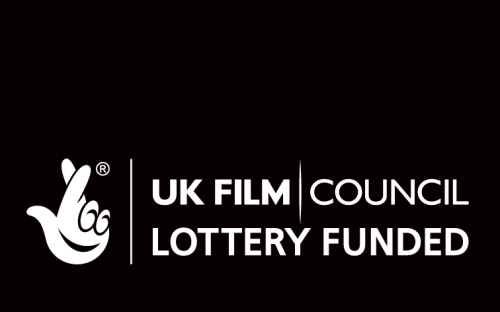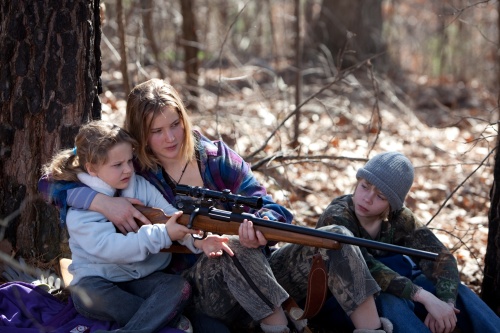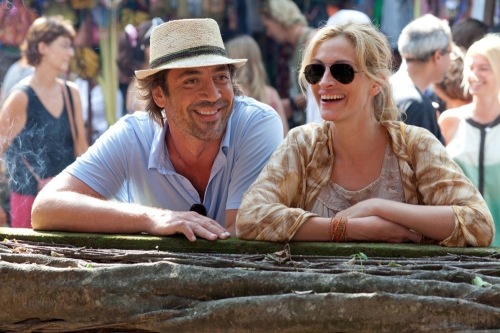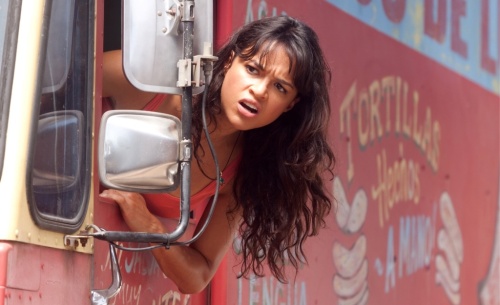Non Educated Delinquents. Neds. That’s what we call them in Glasgow. Their language, with its heavy, aggressive tones is familiar to me. Every utterance of ‘square go wee man’ rings true, I’ve heard it many times. Their walk, that cocky swagger, I know well. The scenery, the classroom, I recognise with nostalgia like they were my own. ‘Neds’, Peter Mullan’s newest feature paints a picture of Glasgow some 40 years ago, yet it could be a modern portrayal. However, one can see why he chose to set the film in the past, with the wish to referencing his own memories from his childhood in Mosspark. There are many parallels in the film with Mullan’s life, including the catholic upbringing and Mullan’s admission of his own membership in a gang, he is loathe to say the film is ‘a true story’, instead saying ‘it’s personal, not autobiographical’. Glasgow, the European capital of knife crime, has 6 times as many teenage gangs as London, which has 10 times its population. Although the extreme violence shown in the film is played up for shock value, the rawness with which it is delivered from non-actors is proof enough of what is a deep rooted social problem.
The film follows John Mc Gill (Conor McCarron) from boyhood, where he shows promise and ambition beyond all expectation, to adolescence, where he is seduced by gang culture and falls into the footsteps of his older brother, who is feared throughout the neighbourhood and his abusive drunkard father, played by Mullan himself, whose parenting skills are based on intimidation. Trapped in a vicious circle of kill-or-be-killed situations, McGill quickly picks up the behaviour he needs to define himself as someone you don’t mess with, but he can’t stop there, and before you know it he’s on a stabbing rampage, sniffing glue and mugging helpless strangers. Mullan’s attention to detail, as in The Magdalene Sisters and Orphans, his two previous features, is impeccable. Every punch hits the audience and leaves you reeling- how can it get any worse? is any of this real? What is a hard watch (to say the least) presents the Glasgow people fear and for that, Mullan doesn’t offer us a happy ending but instead the question of John’s future. He hopes that in presenting the extreme, Glasgow youngsters will reflect on their own behaviour and change. I hate to be the bearer or bad news but Mullan, it could be a long uphill struggle.
-Flossie Topping

